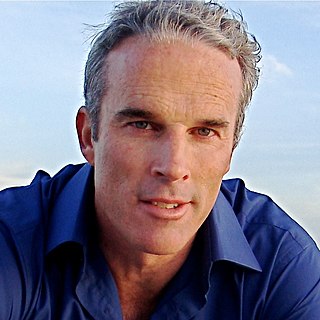A Quote by Ant Middleton
Related Quotes
Everest has a special place in all of our imaginations. For centuries, Everest was a little bit like the moon. It was the place where everyone wanted to go. Empires wanted to be able to say that they were the first to put a climber on top of Everest. So when a tragedy happens up on that mountain, I think it has a global resonance. Everybody's heard of Everest. Everybody knows what Everest is and what it means, and the significance.
The great philosophers of the 17th and 18th centuries did not think that epistemological questions floated free of questions about how the mind works. Those philosophers took a stand on all sorts of questions which nowadays we would classify as questions of psychology, and their views about psychological questions shaped their views about epistemology, as well they should have.
I've always been a big fan of the Yeti, simply because I have an affiliation to Everest - who was the New Zealander, Sir Edmund Hillary, the guy that conquered it. He actually went on an expedition after the Everest climb to look for the Yeti, and they didn't find it, but they found a footprint and some hair samples that turned out to be a goat or something.
A man is called affected, nowadays, if he dresses as he likes to dress. But in doing that he is acting in a perfectly natural manner. Affectation, in such matters, consists in dressing according to the views of one's neighbour, whose views, as they are the views of the majority, will probably be extremely stupid.
There are very few errors and false doctrines of which the beginning may not be traced up to unsound views about the corruption of human nature. Wrong views of the disease will always bring with them wrong views of the remedy. Wrong views of the corruption of human nature will always carry with them wrong views of the grand antidote and cure of that corruption.




































